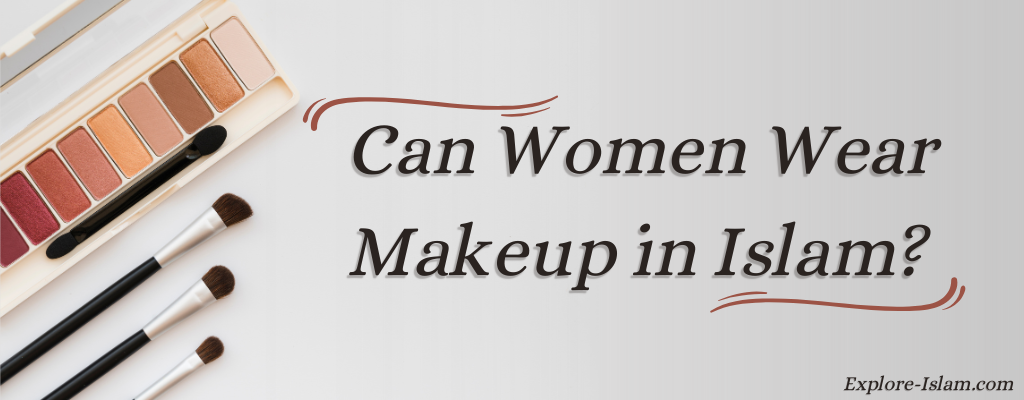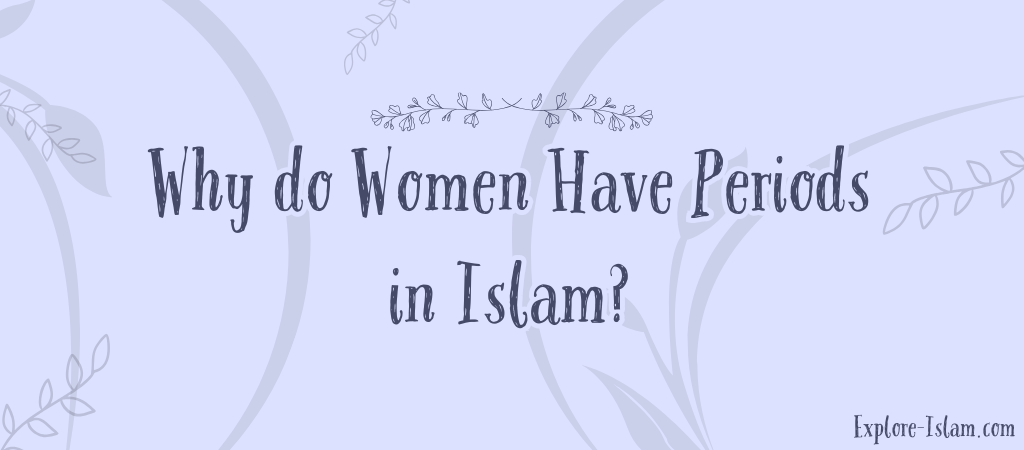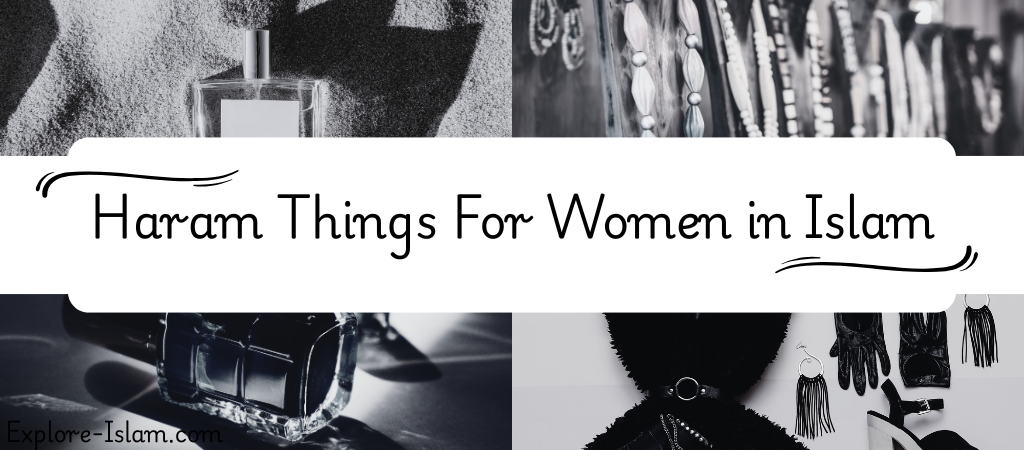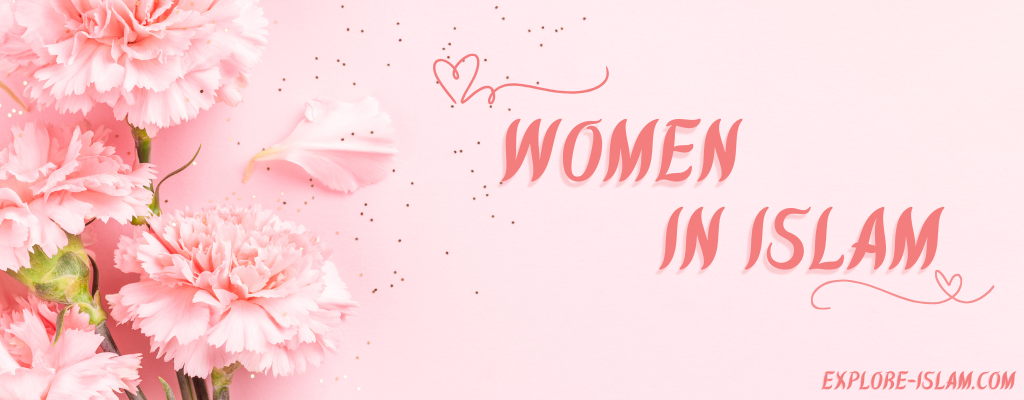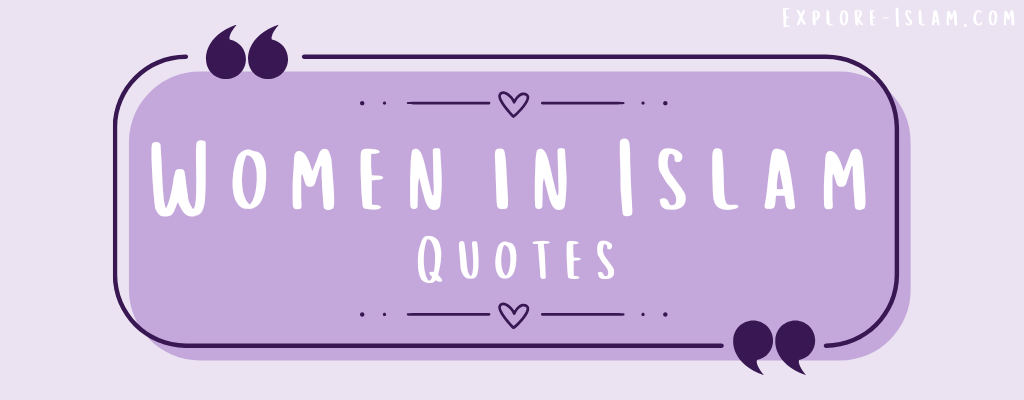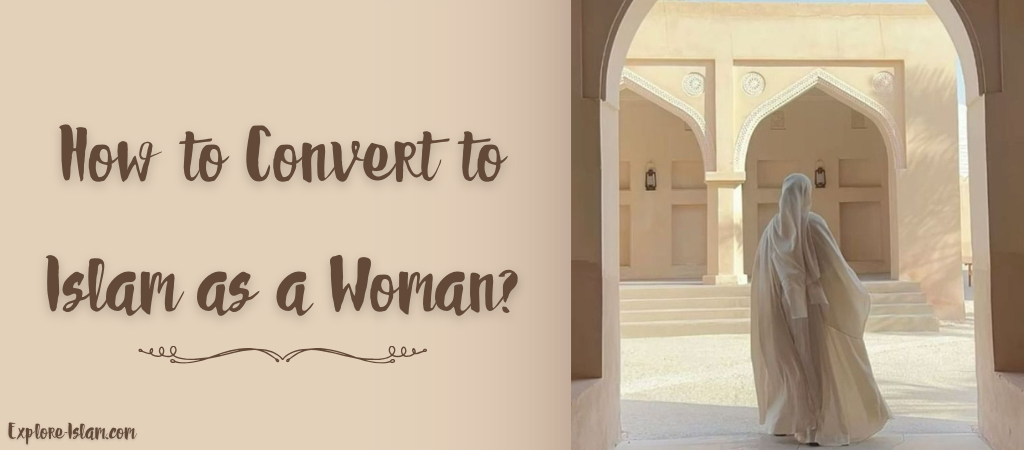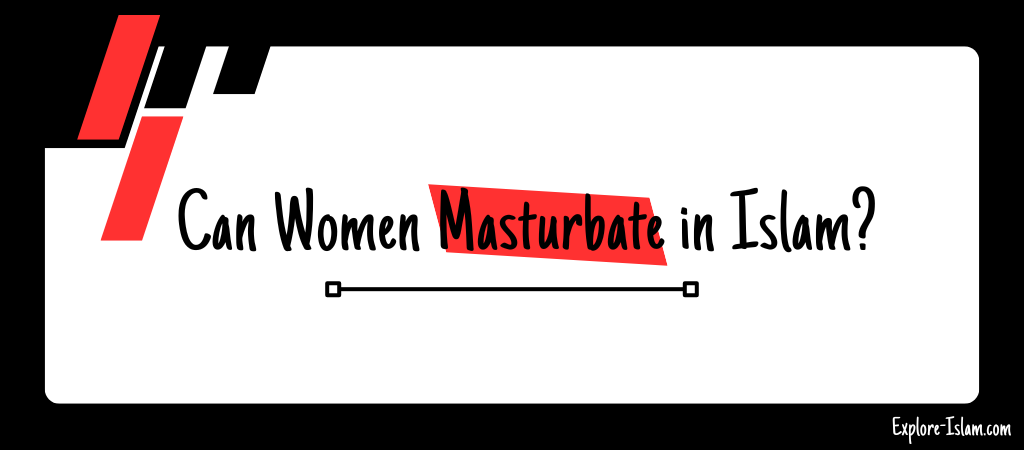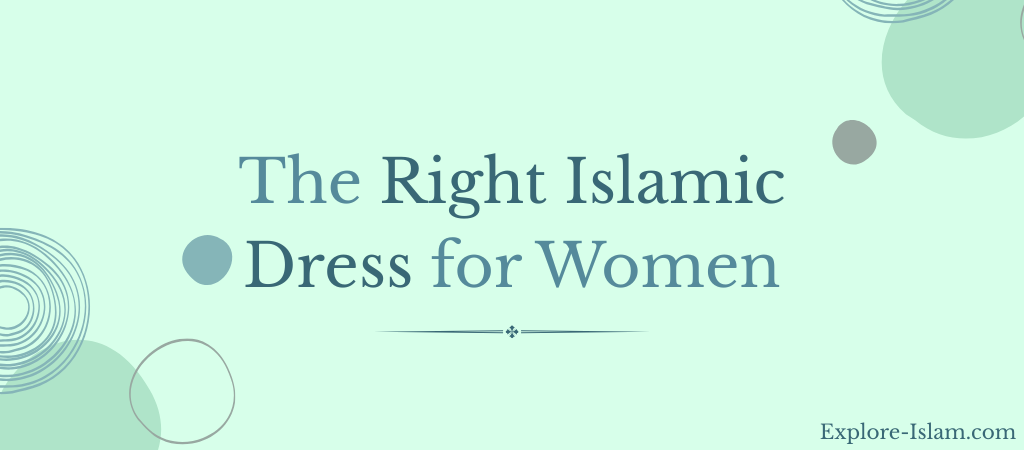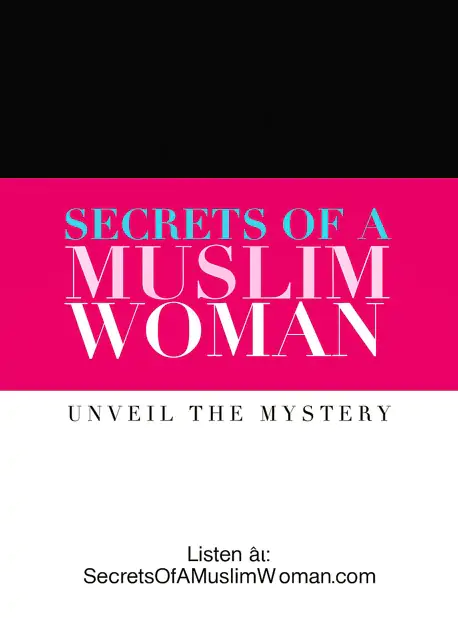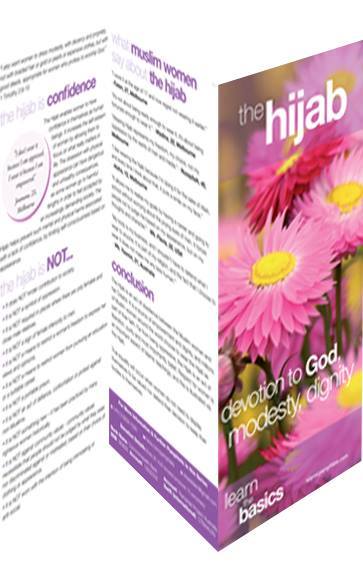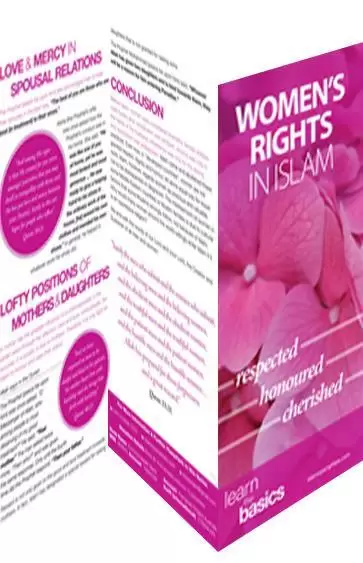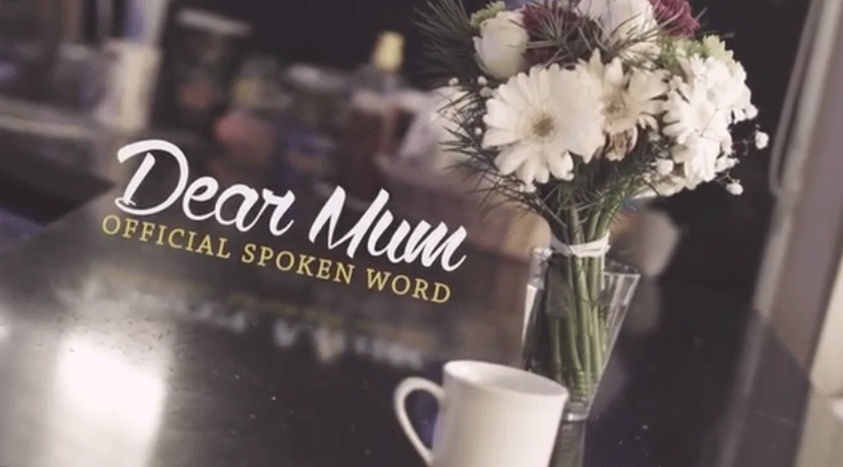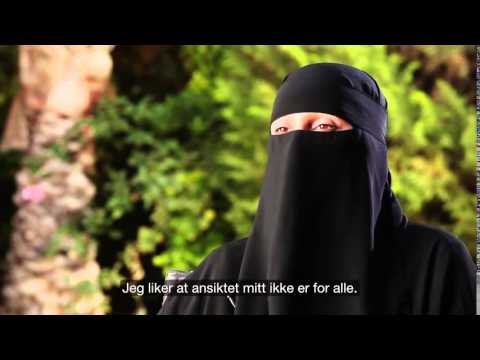Islam values both inner and outer beauty and sees it as a blessing from Allah. The Prophet Muhammad (peace be upon him) said,
“Indeed, Allah is Beautiful and loves beauty”
However, this isn’t a free pass to overdo any form of adornment, but it does show that Islam does not inherently view beauty or self-care as negative.
Islam isn’t about suppressing women’s beauty; it’s about channeling it in a way that upholds dignity, respect, and modesty. The core principle we need to understand is the concept of haya (modesty) and zina (adornment). These aren’t just about clothes; they’re about a holistic approach to conduct, appearance, and intention.
In this light, we will discuss the questions that many Muslim women ask: Is it halal to wear makeup? Are there any restrictions on wearing makeup in Islam?
Can Women Wear Makeup in Islam?
Yes, women can wear makeup in Islam with conditions. Wearing makeup at home for one’s husband is different from wearing it in public where it might attract unwanted attention.
Permissible Conditions for Wearing Makeup in Islam:
So, makeup is permissible in Islam under these conditions.
- For the Husband: Beautifying oneself with makeup for the husband within the home is permissible and encouraged. This is seen as a way to enhance the relationship and mutual attraction between spouses.
- Among Women and Mahrams: Wearing makeup is also permissible among women and mahrams (close male relatives like father, brother).
- Does Not Involve Harmful Ingredients: Makeup should be halal (permissible) in its ingredients and not harmful to the body.
What Does the Quran Say about the Concept of Adornment?
The Quran addresses the concept of adornment. In Surah An-Nur (24:31), Allah instructs believing women to:
“And tell the believing women to reduce [some] of their vision and guard their private parts and not expose their adornment except that which [necessarily] appears thereof and to wrap [a portion of] their headcovers over their chests and not expose their adornment except to their husbands, their fathers, their husbands’ fathers, their sons, their husbands’ sons, their brothers, their brothers’ sons, their sisters’ sons, their women, that which their right hands possess, or those male attendants having no physical desire, or children who are not yet aware of the private aspects of women. And let them not stamp their feet to make known what they conceal of their adornment. And turn to Allah in repentance, all of you, O believers, that you might succeed”
Okay, what does that mean in practical terms?
The key phrase here is “except that which [necessarily] appears thereof”.
Scholars have different interpretations of this, but the majority agree it refers to things that are generally visible and difficult to conceal, like the face and hands. Some scholars do state that it is obligatory to cover the face and some don’t, it should be noted.
The Concept of Tabarruj (Excessive Adornment)
The concept of tabarruj is central to this issue. Tabarruj refers to excessive or flamboyant adornment intended to draw attention and admiration from men outside the close family circle (non-mahram men). Makeup is considered tabarruj and it is forbidden in public.
Can Muslim Women Wear Makeup in Private?
Yes, Muslim women can wear makeup in private. Wearing makeup for one’s spouse or within the home is permissible and even encouraged in some interpretations, as maintaining beauty and attractiveness within marriage is valued in Islam.
The following hadith supports the idea that within a marital setting, makeup is not only permissible but even encouraged.
“Nothing is of more benefit to the believer after Taqwa of Allah than a righteous wife whom, if he commands her she obeys him, if he looks at her he is pleased, if he swears an oath concerning her she fulfills it, and when he is away from her she is sincere towards him with regard to herself and his wealth.”
Can Muslim Women Wear Makeup in Public?
No, Muslim women CANNOT wear makeup in public. Wearing makeup in a way that attracts undue attention from non-mahram (marriageable) men contradicts the principles of modesty in Islam, so it is haram. The Prophet (peace be upon him) said:
“Any woman who applies perfume and passes by people so that they may smell her fragrance is an adulteress.”
Muslim women should avoid attracting unnecessary attention to themselves through their appearance.
By analogy, excessive or provocative makeup that draws unnecessary attention could fall into a similar category.
Is it Permissible to Do Wudu With Makeup on in Islam?
No, making wudu with makeup on is generally not permissible if the makeup creates a barrier that prevents water from reaching the skin.
Wudu requires thorough washing of the face, and any substance that hinders this can invalidate the wudu.
If the makeup is light and doesn’t obstruct water from reaching the skin, it is permissible, but it’s best to err on the side of caution and remove makeup before wudu.
Is it Permissible to Pray With Makeup on in Islam?
Praying with makeup on is generally permissible as long as the makeup doesn’t contain any impure ingredients and doesn’t invalidate the wudu.
However, if the makeup prevents water from reaching the skin during wudu, then the prayer would be invalid .
It’s recommended to remove any makeup that creates a barrier before performing wudu.
That’s Brings Us to the Conclusion That…
Islam does not prohibit makeup but provides ethical and moral guidelines to ensure that beauty aligns with faith and dignity.
Every Muslim woman is encouraged to seek knowledge, reflect on her intentions, and choose practices that align with both her personal expression and her commitment to Islamic values.
Keep learning about women’s issues from authentic Islamic sources, and check out more articles on our blog.

